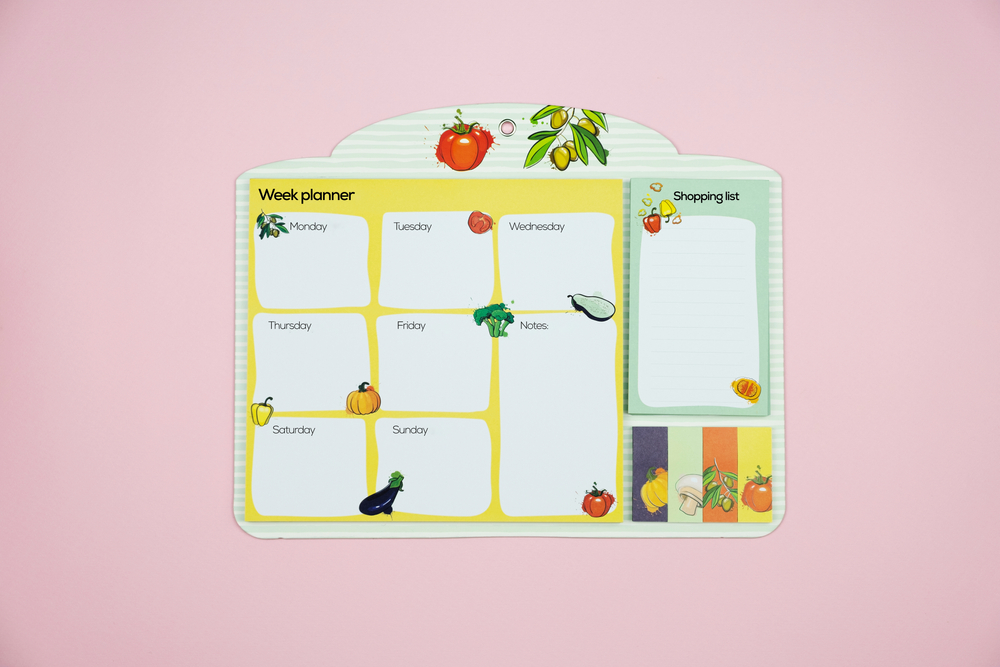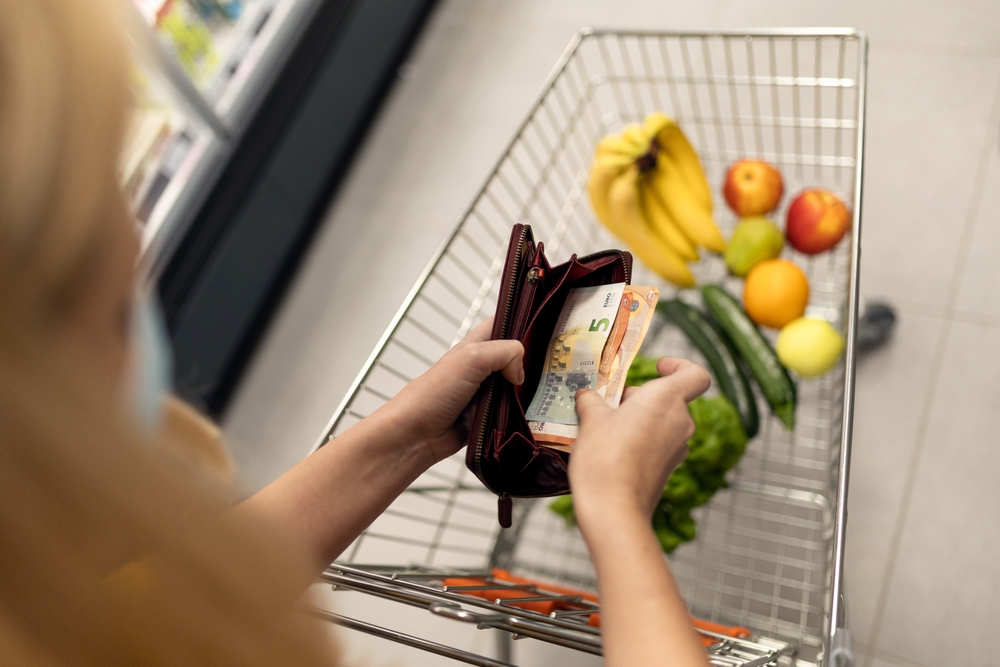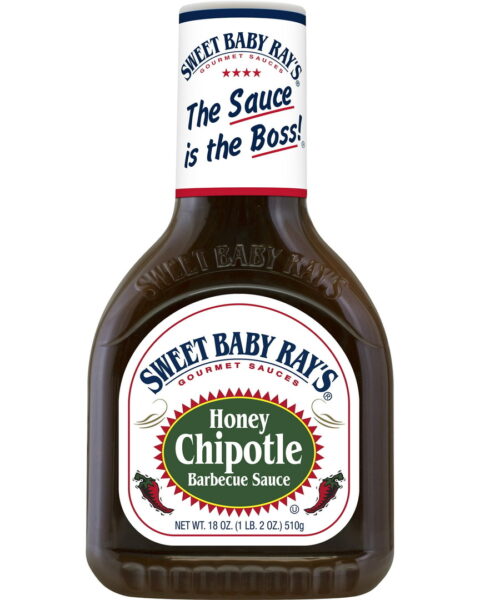Managing grocery expenses can be a real challenge, but there are some genius ways to stretch that budget further. With a few smart strategies, you can save money without sacrificing the quality of your meals. By making some simple changes to your shopping habits, you’ll find that it’s possible to eat well and keep your finances in check. Here are 15 genius things people do with their grocery budgets to get started.
Contents
- 1 Plan Ahead
- 2 Seasonal Shopping
- 3 Buy in Bulk
- 4 Limit Convenience Foods
- 5 Use Cash-Back Apps
- 6 Store-Brand Products
- 7 Loyalty Programs
- 8 Reduce Waste
- 9 Shop Less Frequently
- 10 Compare and Contrast
- 11 Grow Your Own
- 12 Limit Meat and Dairy
- 13 Utilize Coupons and Deals
- 14 Meal Prep
- 15 Use a Grocery Budget
- 16 More From RetailShout
- 17 15 Italian Foods To Eat When Traveling Around Italy
- 18 15 Foods That Go Perfectly With A Glass Of Rosé
Plan Ahead

Creating a weekly meal plan is an effective strategy for managing grocery expenses. When you know exactly what meals you’ll prepare, you can compile a precise shopping list, minimizing impulse purchases. This method also helps reduce food waste by ensuring you only buy what you need. Additionally, meal planning can streamline your cooking process, saving time during busy weekdays. Utilizing online resources or meal planning apps can make this task even more efficient. The key is consistency in planning and sticking to the plan.
Seasonal Shopping

Purchasing seasonal produce is both cost-effective and beneficial for your diet. Seasonal fruits and vegetables are usually cheaper and fresher due to their abundance. Eating seasonally ensures a diverse diet, as different produce is available throughout the year. Moreover, local seasonal produce tends to have a lower environmental impact due to reduced transportation needs. Farmers’ markets are great places to find fresh, seasonal items. Rotating your meals based on seasonal availability keeps your diet interesting and nutritious.
Buy in Bulk

Bulk purchasing can lead to significant savings over time, especially for non-perishable items like grains, pasta, and cereals. The cost per unit decreases when items are bought in larger quantities. Proper storage is crucial to prevent waste and ensure items remain fresh. Investing in airtight containers can help maintain the quality of bulk items. Additionally, bulk buying reduces packaging waste, making it an environmentally friendly choice. This approach is particularly beneficial for large families or shared households.
Limit Convenience Foods

Convenience foods, while time-saving, often come at a premium price and can inflate your grocery bill. Preparing homemade meals is generally more cost-effective and healthier. Even simple, quick recipes can save money and provide better nutritional value than prepackaged options. Batch cooking and freezing meals can replicate the convenience of ready-made foods without the high cost. Additionally, reducing reliance on convenience foods can help improve culinary skills and knowledge about ingredients. This shift can lead to long-term health and financial benefits.
Use Cash-Back Apps

Cash-back apps like Ibotta, Checkout 51, and Rakuten offer rebates on groceries, helping you save money with minimal effort. By scanning receipts or linking loyalty cards, these apps provide cash back on selected items. Regularly checking app offers before shopping can maximize savings. Combining app rebates with in-store promotions and coupons can lead to even greater discounts. Over time, the savings from using cash-back apps can significantly reduce overall grocery expenses. It’s an easy way to earn back a portion of your spending.
Store-Brand Products

Opting for store-brand products instead of name brands can result in substantial savings. Store brands often offer similar quality and taste at a fraction of the price. Supermarkets invest less in advertising their own brands, allowing them to sell these products more cheaply. Comparing ingredients and nutritional information can help confirm the quality of store-brand items. Many consumers find that store brands are just as satisfactory as their pricier counterparts. Over time, consistently choosing store brands can significantly lower your grocery bills.
Loyalty Programs

Joining grocery store loyalty programs can provide access to exclusive discounts, promotions, and cash-back offers. These programs reward frequent shoppers with points or discounts that can be redeemed on future purchases. Regularly checking the store’s app or website for loyalty rewards can help maximize benefits. Many stores also offer personalized coupons based on your shopping habits. Taking advantage of these programs can lead to significant savings over time. They often require minimal effort for substantial rewards.
Reduce Waste

Reducing food waste is a direct way to save money on groceries. Keeping track of expiration dates and using leftovers creatively can minimize the amount of food thrown away. Planning meals around what you already have in your pantry and fridge ensures nothing goes to waste. Freezing surplus food or leftovers can extend their shelf life and provide quick meal options later. Composting inedible food scraps can also benefit a home garden if you grow your own produce. Less waste means more efficient use of your grocery budget.
Shop Less Frequently

Reducing the number of shopping trips can help cut down on impulse purchases. Planning for larger, less frequent shopping trips encourages more focused buying and adherence to a list. This approach minimizes the opportunities to buy unnecessary items. It also saves time and transportation costs associated with frequent trips. Ensuring you have a well-organized shopping list for these larger trips is essential for success. Fewer trips to the store can lead to more disciplined and economical shopping habits.
Compare and Contrast

Comparing prices between different stores or online platforms can ensure you get the best deals. Different stores have varying sales cycles and promotions, so shopping around can yield significant savings. Price comparison websites and apps can simplify this process. Taking the time to compare prices before making a purchase can become a habit that leads to regular savings. This strategy is especially useful for more expensive items or bulk purchases. Informed shopping helps stretch your grocery budget further.
Grow Your Own

Growing your own herbs, vegetables, or fruits can substantially reduce grocery costs. Even a small garden or a few pots on a balcony can yield significant produce. Home-grown food is fresher and often more flavorful than store-bought options. Gardening can also be a rewarding and therapeutic hobby. Starting with easy-to-grow plants like herbs or tomatoes can help build confidence. Over time, expanding your garden can lead to greater savings and a more sustainable lifestyle.
Limit Meat and Dairy

Reducing the consumption of meat and dairy products can lead to considerable savings. Plant-based alternatives are often cheaper and offer health benefits. Incorporating more vegetarian or vegan meals into your diet can diversify your nutrition. When buying meat, opting for less expensive cuts or buying in bulk during sales can save money. Experimenting with different recipes can make meatless meals enjoyable and satisfying. This approach also aligns with environmentally sustainable eating practices.
Utilize Coupons and Deals

Taking advantage of coupons and deals can lead to significant savings on groceries. Digital coupons, store apps, and weekly flyers are valuable resources for finding discounts. Combining coupons with in-store promotions can maximize savings. Spending a little time each week to search for and organize coupons can pay off. Some stores double coupons, further increasing potential savings. Consistently using coupons can make a noticeable difference in your grocery budget over time.
Meal Prep

Meal prepping involves preparing meals or ingredients in advance, saving time and money. By cooking in bulk, you can take advantage of economies of scale and reduce food waste. Meal prepping ensures you always have homemade meals ready, reducing the temptation to eat out. It also allows you to control portions and nutritional content. Investing a few hours each week in meal prepping can lead to healthier eating habits and lower grocery bills. This strategy is particularly useful for busy individuals or families.
Use a Grocery Budget

Setting a clear grocery budget helps keep spending in check. Tracking your expenses against the budget can highlight areas where you might overspend. Using cash or a dedicated debit card for groceries can enforce discipline. Reviewing your budget regularly and adjusting it as needed ensures it remains effective. Sticking to a budget encourages mindful shopping and prioritization of essential items. Over time, this practice can lead to better financial management and significant savings.
This article originally appeared on RetailShout
More From RetailShout
10 Sugary Snacks to Ditch for Better Dental Health

When it comes to keeping our teeth healthy, what we eat plays a big role. Sugary snacks might be delicious, but they can cause serious problems for our dental health. Many of us don’t realize just how much harm these sweet treats can do to our teeth. By cutting out certain sugary snacks, we can protect our smiles and avoid painful issues like cavities and gum disease. Read More.
15 Italian Foods To Eat When Traveling Around Italy

Exploring Italy isn’t just about the breathtaking landscapes and historic sites; it’s also about indulging in the country’s incredible culinary offerings. Each region has its specialties, showcasing Italy’s diverse and delicious food culture. Whether you’re a fan of rich pastas, succulent meats, or delectable desserts, there’s a dish waiting to enchant your taste buds. Read More.
15 Foods That Go Perfectly With A Glass Of Rosé

Rosé wine is a versatile and refreshing choice, perfect for pairing with a variety of dishes. Its light and fruity notes complement many flavors, making it a favorite for casual gatherings and elegant dinners alike. Whether you’re planning a summer picnic or a cozy dinner, finding the right food pairing can enhance your rosé experience. Read More.






